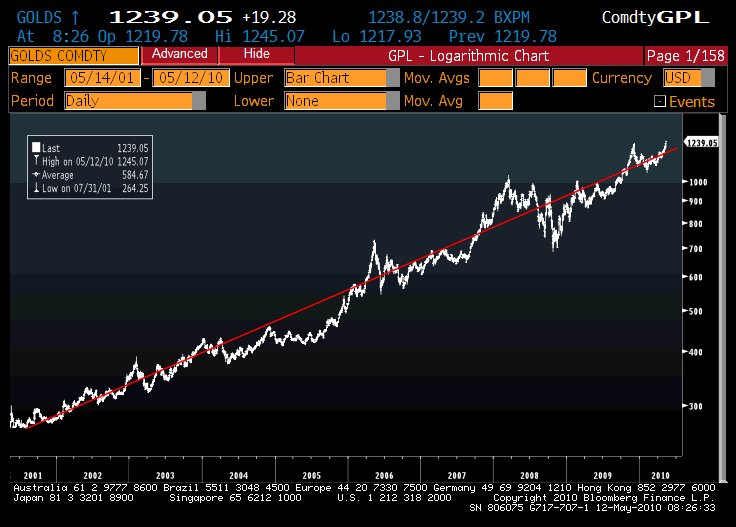Neubarth
At the Ballpark July 30th
Gold is a hedge against inflation not an investment. I treat gold as a saving account. IF 'the sh-t hits the fan' I have silver coin to use as a means of exchange in the short term.
Can anyone give me an explanation of how we are NOT going to have Hyper Inflation? The actions of our government have made it impossible to save the Dollar, IMO.
I may not have the higher education of many of you, I am just a Texas wood butcher (Carpenter), but I have looked at the consequences of monitay policy gone wild, as we have now in Washington and can find no instance where it worked.
I am 100% liquid in tangible assets (not cash, as in Federal Reserve Notes).
Perhaps I am too simple, but I just can not afford to lose 90% of my life savings to inflation.
I have been explaining this to people for the past quarter of a century. It is impossible for the US to have hyper inflation. We are the leading industrial country in the world, about twice the size of China. If the dollar deflates, our products become less expensive in the world economy, and we will grow our economy and the dollar will increase in value thereby.
Regardless of that, if the Dollar goes down in value, the countries like China and India that are exporting to us need us to be able to afford their product, so they will make certain that their currency goes down like ours does so we will continue to buy. Funny how that works. In that regard, the rest of the industrial world makes certain that the dollar does not fall.
Gosh, if hyperinflation of one currency was possible, everybody in the world would be driving Fords because they would be so inexpensive. and they would be flying only on Boeing Jets because they would be so inexpensive, and buying American tractors and American road building equipment and American............
Last edited:


